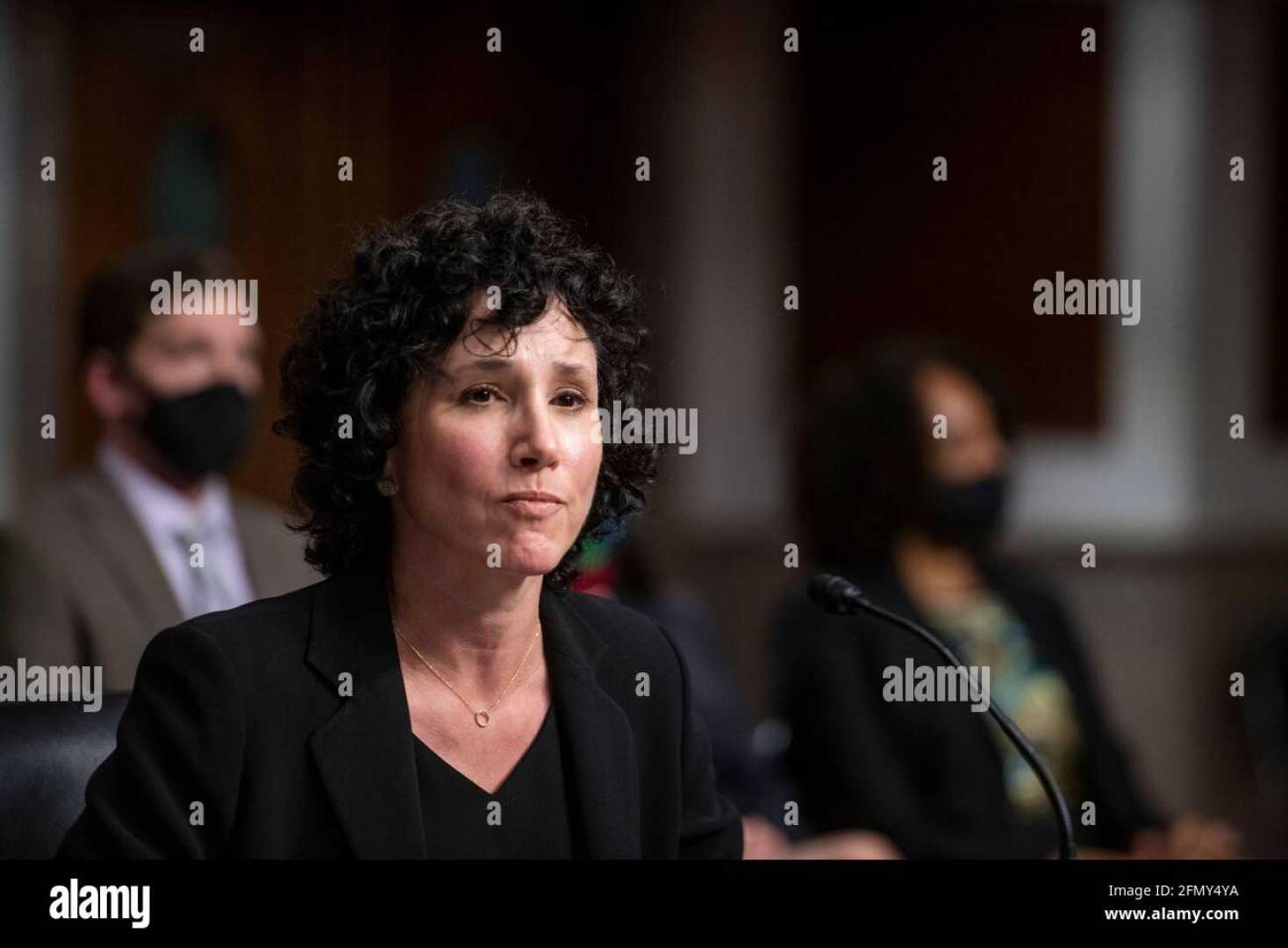Politics
Federal Judge Blocks Trump’s Birthright Citizenship Order

GREENBELT, Md. — A second federal judge on Wednesday blocked President Donald Trump’s executive order aimed at ending birthright citizenship, declaring it likely unconstitutional and contrary to the nation’s long-standing legal tradition. U.S. District Judge Deborah Boardman issued a nationwide preliminary injunction, halting the order that sought to deny citizenship to children born in the U.S. to undocumented or temporary residents.
The ruling, delivered during a hearing in Greenbelt, Maryland, marks a significant setback for Trump’s administration. Boardman, appointed by President Joe Biden, emphasized that the order “conflicts with the plain language of the 14th Amendment” and contradicts over a century of Supreme Court precedent. “No court in the country has ever endorsed the president’s interpretation,” she said. “This court will not be the first.”
The case was brought by five pregnant women and two immigrant rights groups, who argued that their unborn children would be unfairly denied citizenship under the order. Boardman ruled that the injunction must apply nationwide to provide “complete relief” to the groups’ members. “The government will not be harmed by a preliminary injunction that prevents it from enforcing an executive order likely to be found unconstitutional,” she stated.
The order, signed by Trump on January 20, 2025, titled “PROTECTING THE MEANING AND VALUE OF AMERICAN CITIZENSHIP,” aimed to deny citizenship to children born to parents unlawfully present in the U.S. or those in the country on temporary visas. It was set to take effect 30 days after its signing but was swiftly challenged in court.
Joseph Mead, an attorney representing the plaintiffs, argued that the order “declares that everyone’s been getting it wrong” regarding the 14th Amendment’s guarantee of birthright citizenship. “For well over a century, the 14th Amendment has been understood to guarantee citizenship to all persons born in the United States,” Mead said. He noted that the parents involved in the case have lived in the U.S. for decades and are entitled to have their children recognized as citizens.
Eric Hamilton, a lawyer for the Trump administration, countered that the framers of the 14th Amendment did not intend to grant citizenship to children of temporary visitors or undocumented immigrants. He argued that blocking the order was premature, as federal agencies had not yet developed specific policies to implement it. However, Boardman dismissed this argument, stating that the order itself provided sufficient grounds for her ruling.
The injunction is expected to be appealed by the administration, potentially setting the stage for a Supreme Court battle. Similar challenges are underway in other states, with legal experts predicting the issue will ultimately reach the nation’s highest court.
Swapna Reddy, co-executive director of the Asylum Seeker Advocacy Project, one of the groups that sued over the order, praised the ruling. “Today, the court made the right decision to temporarily block the Birthright Citizenship Executive Order,” she said. “The Executive Order has created chaos for so many families, including ASAP members, who are scared their children will not be able to live a life free of fear in the only country they will have ever known.”












